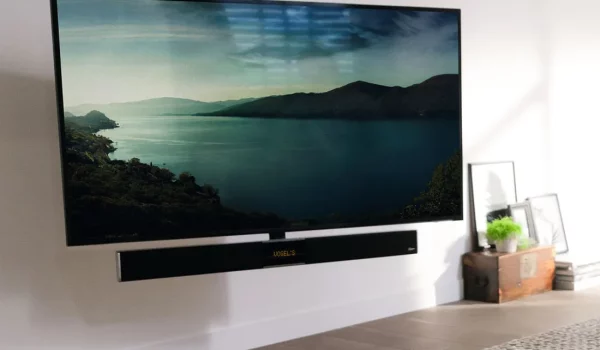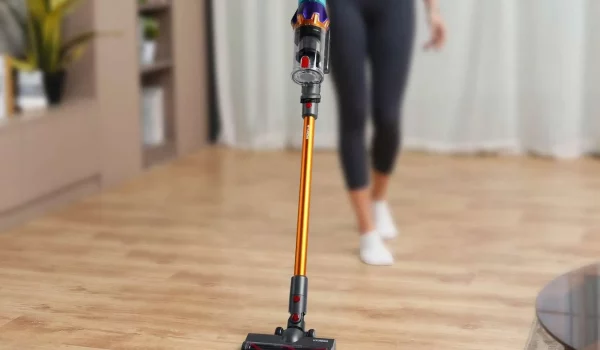From throw-away society to sustainable, circular production and consumption
Globally, an increasing amount of items is being discarded, including in the Netherlands. This mainly concerns cheap, non-durable goods produced in low-wage countries. Many of these products are disposed of after brief use, ultimately ending up in landfills.
The throw-away society poses a problem for various reasons. In the production, usage, and disposal phases of cheaply made goods (such as fast fashion, fast furniture, and consumer electronics), there are negative effects: environmental pollution, health issues, CO2 emissions, depletion of natural resources, and exploitation of labor. All these effects threaten the sustainability of our planet.
In this advisory, The Council for the Environment and Infrastructure (Rli) explores ways to reverse the throwaway trend in our economy. What government measures are necessary for this, on both the European level and in the Netherlands? Finally, the Rli provides five recommendations to counter the throwaway trend, focusing on policy interventions for the next five years.
Other relevant publications
Re-use of soundbars
How feasible is it to give soundbars a second life? Commissioned by Stichting OPEN, Second Use investigated the re-use potential of four soundbar models, revealing insights into repairability, consumer interest, and key barriers.
Re-use of cordless vacuum cleaners
The re-use of cordless vacuum cleaners presents interesting opportunities, but battery replacement costs pose a significant challenge. This study, conducted by Second Use on behalf of Stichting OPEN, examines the feasibility of refurbishment and identifies key improvements to extend the lifespan of these appliances.







